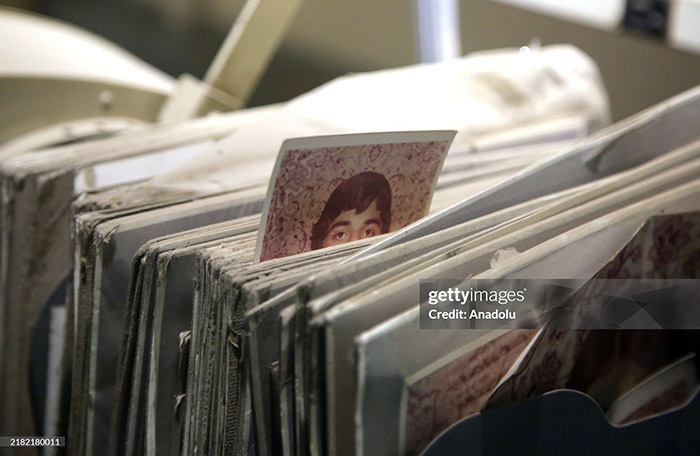The timing of the release of the hostages gave rise to allegations that representatives of Reagan’s presidential campaign had conspired with Iran to delay the release until after the 1980 United States presidential election to thwart Carter from pulling off an “October surprise”. In 1992, Gary Sick, the former national security adviser to Ford and Carter, presented the strongest accusations in an editorial that appeared in The New York Times, and others, including former Iranian president Abolhassan Banisadr, repeated and added to them. This alleged plot to influence the outcome of the 1980 United States presidential election between Carter and Reagan became known as the 1980 October Surprise theory.
After twelve years of varying media attention, both houses of the United States Congress held separate inquiries and concluded that credible evidence supporting the allegation was absent or insufficient.
In May 2023, Sick, former Carter administration Chief Domestic Policy Advisor Stuart E. Eizenstat, author Kai Bird, and journalist Jonathan Alter published an article in The New Republic outlining the various allegations and circumstantial evidence (including Barnes’ allegations in The New York Times) that have emerged in the decades following the earlier investigations, declaring the credibility of the theory to be “all but settled.” A 2024 article cites Abolhassan Bani-Sadr who also claimed there was coordination with the Reagan campaign, and argues that this tactic could be used to tip the 2024 US Presidential election towards Trump.

